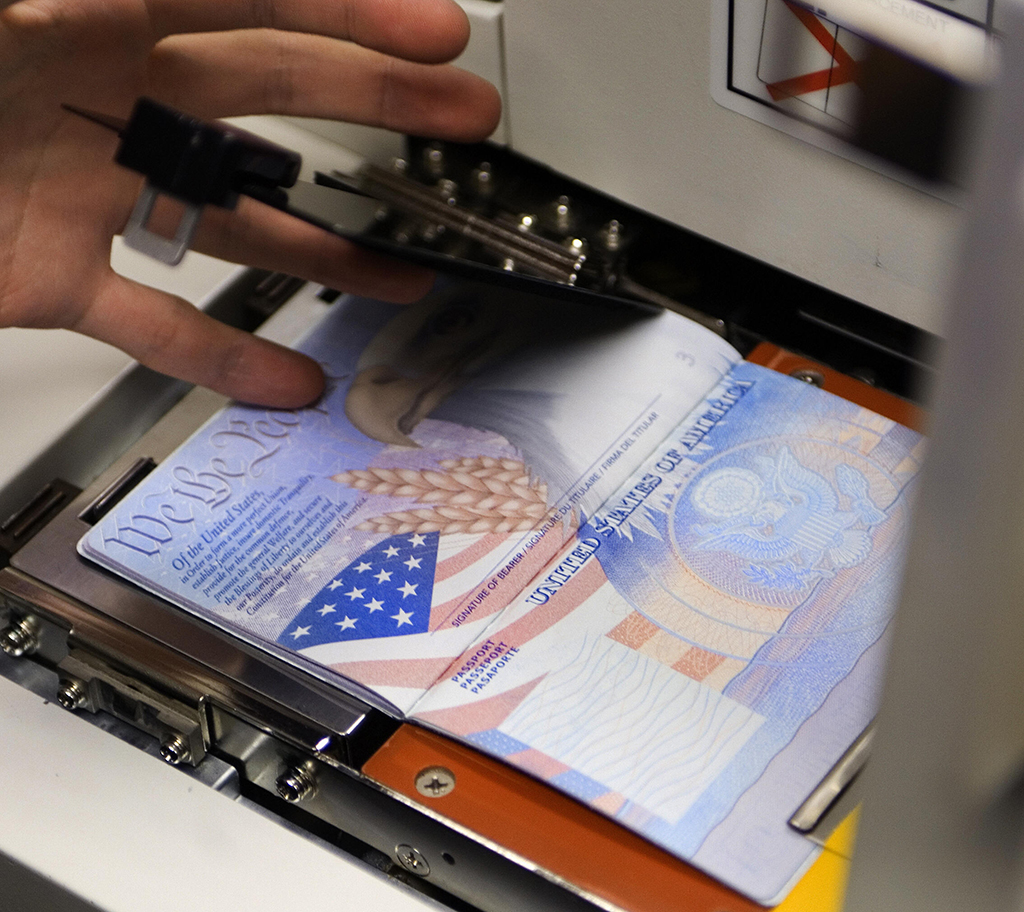Democratic senators claim that border agents lack the software to detect whether a passport is forged


A free daily email with the biggest news stories of the day – and the best features from TheWeek.com
You are now subscribed
Your newsletter sign-up was successful
The U.S. may have a serious fake passport problem, two Democratic senators say.
In a letter Thursday to Kevin McAleenan, the acting commissioner of U.S. Customs and Border Patrol, Sens. Ron Wyden (Ore.) and Claire McCaskill (Mo.) claim that the law enforcement agency lacks "the software necessary to authenticate the information stored on" newer passports, which have been outfitted with smart chips. These so-called e-Passports bear chips that store traveler data that has been locked with verified digital signatures. Border Patrol agents are supposed to be able to access the chips and verify their information through dedicated machines.
But while CBP agents at airports and border crossings can in fact download the data off of the smart chips, Wyden and McCaskill write that the agency's software actually "cannot verify the digital signatures stored on the e-Passport chips." Without signature verification, CBP is "unable to determine" whether an individual's passport may have been "tampered with or forged," the senators claim.
The Week
Escape your echo chamber. Get the facts behind the news, plus analysis from multiple perspectives.

Sign up for The Week's Free Newsletters
From our morning news briefing to a weekly Good News Newsletter, get the best of The Week delivered directly to your inbox.
From our morning news briefing to a weekly Good News Newsletter, get the best of The Week delivered directly to your inbox.
Wyden and McCaskill say that CBP has had this e-Passport verification problem since 2007 because of the software deficit. Moreover, the senators claim that the agency has known this security gap exists since 2010, when the government released a report on the matter. Roughly 60 countries issue e-Passports to their citizens, including Iran, the Philippines, Russia, Turkey, Sweden, and the U.S.
"It is past time for CBP to utilize the digital security features it required be built into e-Passports," the duo writes, calling for the agency to "develop and implement a plan to properly authenticate e-Passports by Jan. 1, 2019." Read the letter to CBP here.
A free daily email with the biggest news stories of the day – and the best features from TheWeek.com
Kelly O'Meara Morales is a staff writer at The Week. He graduated from Sarah Lawrence College and studied Middle Eastern history and nonfiction writing amongst other esoteric subjects. When not compulsively checking Twitter, he writes and records music, subsists on tacos, and watches basketball.
